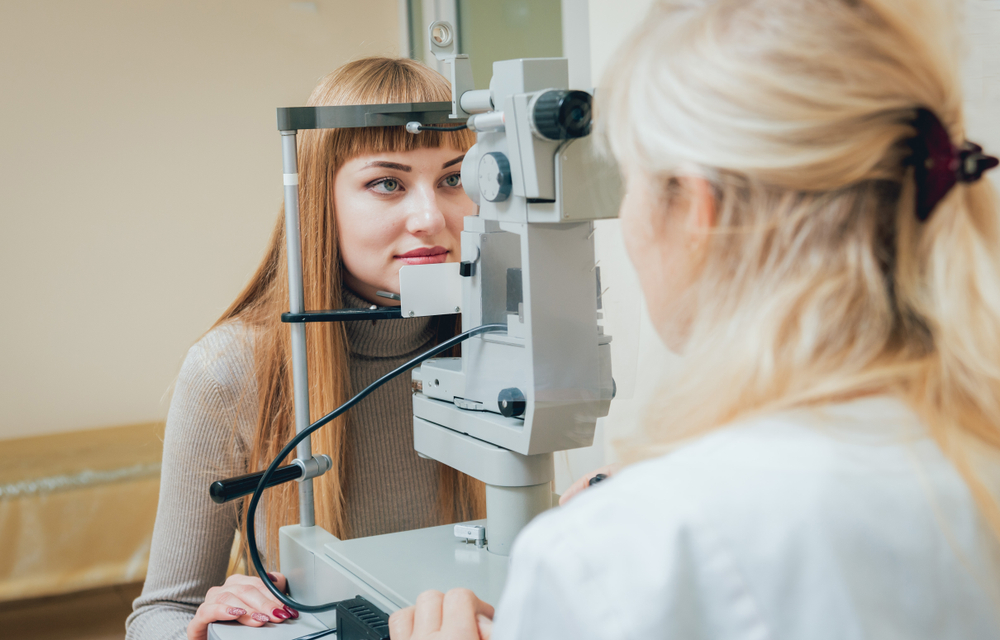
October 8, 2025
Cataracts are one of the leading causes of vision changes as we age, yet they often develop so gradually that the signs go unnoticed. Many people assume that needing brighter light or stronger glasses is just part of getting older - but in some cases, these subtle changes could point to the early stages of cataracts. Because symptoms can be mild or easily mistaken for other issues, it’s important to know what to look for.
What Are Cataracts?
Cataracts are one of the most common causes of vision loss as we age, but many people don’t realize they have them until their vision has already been affected. A cataract occurs when the clear lens of your eye becomes cloudy, often developing slowly over time. Early diagnosis allows for timely management and, when necessary, cataract surgery can safely restore clear vision.
1. Blurred or Cloudy Vision
The most common early sign of cataracts is a gradual blurring or haziness in your vision. It may feel like you’re looking through a foggy window, and things no longer appear as crisp and clear as they used to.
2. Difficulty Seeing at Night
As cataracts progress, night vision often becomes worse. You may find it harder to see when driving at night or notice more glare from headlights and streetlights.
3. Sensitivity to Light and Glare
Bright sunlight, indoor lighting, or car headlights might seem overwhelmingly bright. This increased sensitivity is a common symptom as cataracts scatter light entering the eye.
4. Fading or Yellowing of Colors
Colors may seem less vibrant, and whites may take on a yellowish tint. This occurs because cataracts can alter how light and color pass through the lens.
5. Frequent Changes in Eyeglass Prescription
If you find yourself needing stronger glasses or contact lenses more often, it could be a sign that cataracts are distorting your vision.
6. Seeing Halos Around Lights
Cataracts can cause you to see halos or rings around lights, especially at night. This can make nighttime activities more challenging and uncomfortable.
7. Double Vision in One Eye
Double vision (diplopia) in one eye can occur when the cataract distorts the light entering the lens. While this symptom can have other causes, it’s a sign you shouldn’t ignore.
Why Early Intervention Matters
Cataracts typically develop slowly, but that doesn’t mean you should wait to seek care. Regular comprehensive eye exams allow your optometrist to detect cataracts early and monitor their progression.
When cataracts begin to significantly interfere with your daily activities, cataract surgery is a safe and highly effective option. During this outpatient procedure, the cloudy lens is replaced with a clear artificial one, restoring sharp, bright vision.
Restore Clarity with Expert Cataract Care
Cataracts may start silently, but their impact on your vision can be profound if left untreated. Recognizing the early warning signs and scheduling routine eye exams are key to preserving your sight and maintaining your quality of life.
At Northwest Eye Center, our experienced eye care professionals use advanced diagnostic technology to detect cataracts early and help you understand your treatment options. Visit our office in Barrington or Crystal Lake, Illinois. Please call (847) 382-3640 or (815) 455-4222 to book an appointment today.








